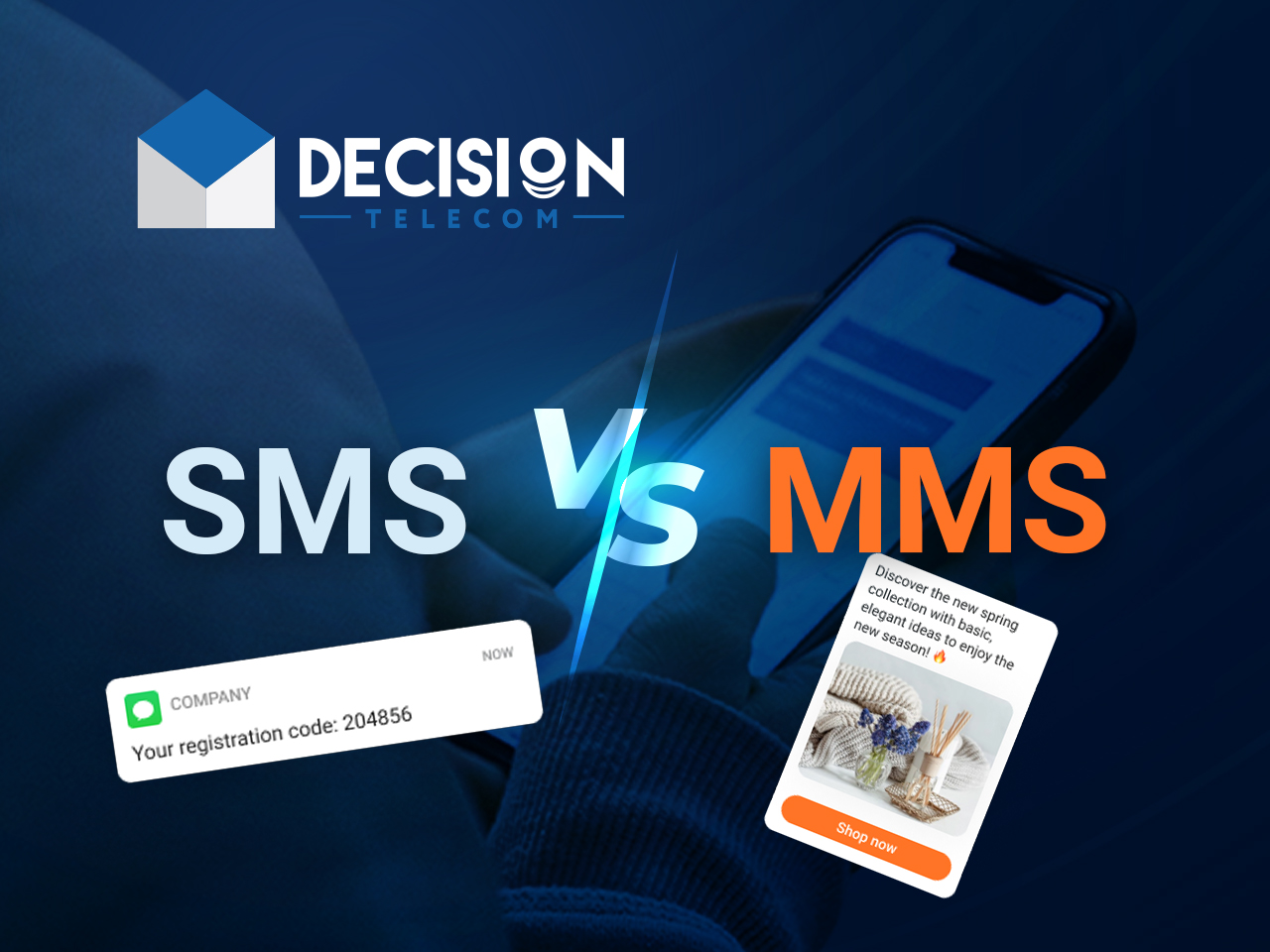MMS video has revolutionized the way we communicate and share multimedia content in our digital age. As mobile technology continues to advance, understanding the intricacies of MMS video is crucial for both personal and professional use. In this article, we will explore what MMS video is, how it works, its advantages, and much more.
The rise of smartphones has made it easier than ever to share videos instantly. MMS, or Multimedia Messaging Service, allows users to send images, audio, and video files through text messages. This article will delve into the technical aspects of MMS video, its applications, and tips for optimizing video sharing.
Whether you are a casual user wanting to enhance your messaging experience or a business looking to utilize MMS for marketing, this guide will provide valuable insights. Let’s embark on this journey to uncover everything you need to know about MMS video.
Table of Contents
- What is MMS Video?
- How MMS Video Works
- Advantages of MMS Video
- MMS Video vs SMS
- How to Send MMS Video
- Best Practices for MMS Video
- MMS Video for Business
- Future of MMS Video
What is MMS Video?
MMS video is a feature of the Multimedia Messaging Service that allows users to send video clips via text messages. Unlike traditional SMS, which only supports text and basic multimedia files, MMS supports larger file sizes and various formats, making it an ideal choice for sharing videos.
Typically, MMS video files can range from a few seconds to several minutes in length, depending on the carrier's limitations. This service is widely used across different mobile devices and platforms, allowing seamless sharing of video content.
Key Features of MMS Video
- Supports various video formats (e.g., MP4, AVI)
- Allows sending of larger files compared to SMS
- Compatible with most mobile devices
- Enables sharing of engaging content quickly
How MMS Video Works
Understanding how MMS video works involves looking at the process behind sending and receiving multimedia messages. When a user sends an MMS video, the video is uploaded to a server, and a notification is sent to the recipient's device.
Here’s a simplified breakdown of the process:
- The sender selects a video from their gallery or records a new video.
- The sender composes a message and attaches the video.
- The message is sent through the mobile network.
- The video is uploaded to an MMS server.
- The recipient receives a notification to download the video.
Advantages of MMS Video
Utilizing MMS video offers several advantages over traditional SMS and other forms of communication:
- Enhanced Engagement: Video content is more engaging than text, capturing the recipient's attention.
- Higher File Size Limit: MMS allows for larger file sizes, enabling the sharing of longer videos.
- Universal Compatibility: Most smartphones support MMS, making it accessible to a wide audience.
- Easy to Use: Sending an MMS video is as easy as sending a regular text message.
MMS Video vs SMS
While both MMS and SMS are messaging services, they serve different purposes:
Key Differences
- Content Type: SMS is limited to text, whereas MMS supports multimedia files.
- File Size: MMS allows larger file sizes, while SMS has strict size limits.
- Engagement: MMS video provides a more engaging experience compared to plain text.
In summary, MMS video is a superior option when sharing multimedia content, especially videos, due to its enhanced features and capabilities.
How to Send MMS Video
Sending an MMS video is a straightforward process. Here’s a step-by-step guide:
- Open your messaging app.
- Compose a new message and select a recipient.
- Tap on the attachment icon and select the video you want to send.
- Add any desired text to accompany the video.
- Press send!
Best Practices for MMS Video
To ensure your MMS videos are effective and well-received, consider the following best practices:
- Keep videos short and concise to maintain viewer interest.
- Use high-quality video files for better clarity and engagement.
- Test the video on multiple devices to ensure compatibility.
- Include a clear call to action in the accompanying text.
MMS Video for Business
Businesses can leverage MMS video for various purposes, including marketing, customer engagement, and communication. Here’s how:
Marketing Campaigns
MMS videos can be used to promote products and services through engaging content that captures the audience's attention. Examples include:
- Product demonstrations
- Promotional offers
- Customer testimonials
Customer Support
Using MMS video for customer support can enhance the customer experience by providing visual instructions and troubleshooting guides.
Future of MMS Video
As technology continues to evolve, the future of MMS video looks promising. With advancements in mobile networks (such as 5G), we can expect:
- Faster upload and download speeds for video sharing
- Higher quality video formats becoming standard
- Increased integration with social media platforms
Conclusion
In summary, MMS video is a powerful tool for communication and engagement in our digital landscape. By understanding how it works and leveraging its advantages, users and businesses alike can enhance their messaging experience. Don’t hesitate to explore the world of MMS video and see how it can benefit you!
If you found this article helpful, please leave a comment below, share it with your network, or explore more insightful articles on our site.
Penutup
Thank you for reading! We hope to see you back for more informative content on the latest trends in technology and communication.
You Might Also Like
Understanding Desifakes: The Rise Of Digital DeceptionAyesha Khan: A Comprehensive Insight Into Her Life And Career
Exploring The World Of Prmovie: Everything You Need To Know
Vanessa Lee Asher: A Comprehensive Look At Her Life And Career
Understanding The Risks And Challenges Of Incest Telegram Groups
Article Recommendations

/what-is-sms-mms-iphone-2000247-Final-5c38a50846e0fb0001673a66.png)
